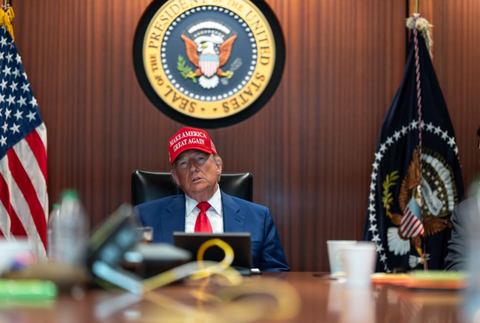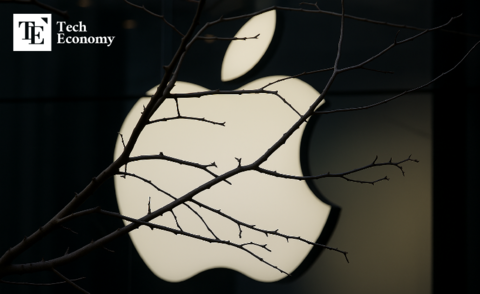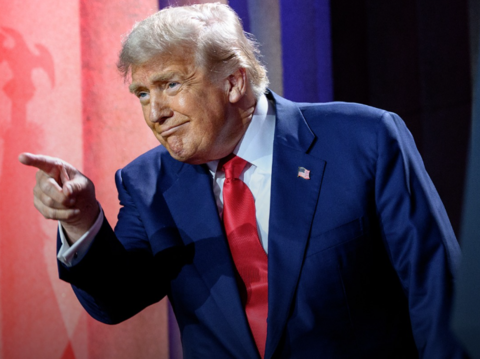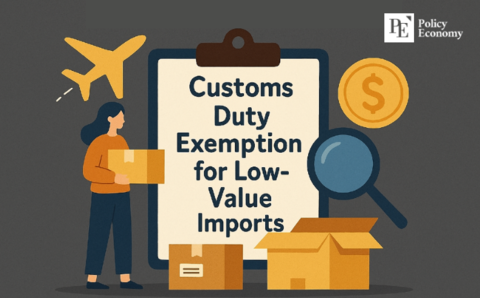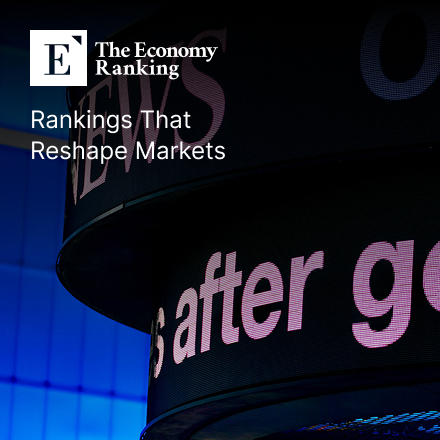Input
Changed
Top Autonomous Driving Startup Heads to Japan Domestic Regulations Ban Paid Services Number of Startups Relocating Abroad Surges Sixfold Over a Decade
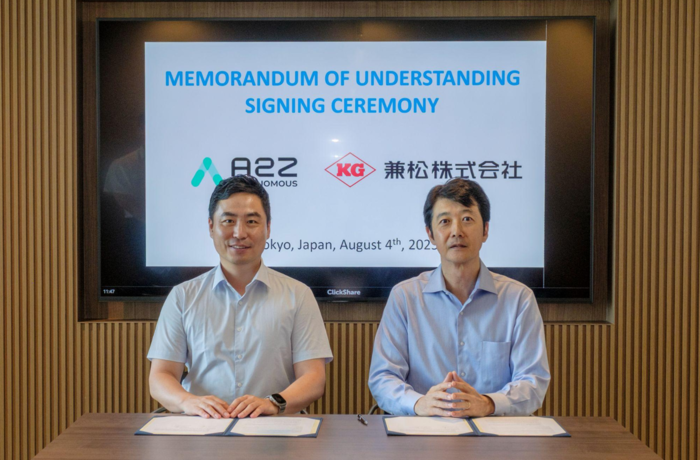
Autonomous A2Z, South Korea’s top autonomous driving startup, has decided to expand into Japan for commercialization. The move comes as the company continues to face a domestic environment where only pilot testing is permitted, leaving it unable to monetize its technology. With Japan offering a legal framework that allows commercialization, the company has opted to shift its strategic focus. Industry observers warn that unless Korea overhauls its regulations on advanced industries, a full-fledged exodus of promising startups from the country is likely to ensue.
South Korea’s Leading Autonomous Driving Company to Commercialize First in Japan
According to the IT industry on the 6th, Autonomous A2Z signed a memorandum of understanding (MOU) with Japanese trading conglomerate Kanematsu on the 4th to collaborate on local demonstration and commercialization of Level 4 autonomous vehicles. Kanematsu operates a broad distribution network across mobility, aerospace, and information and communications technology (ICT). A2Z plans to establish an integrated framework in Japan that covers certification, operations, and paid services.
The company’s decision to enter the Japanese market is primarily driven by deregulation. Japan views autonomous driving technology as essential infrastructure to address societal issues such as population aging and regional decline. To that end, it amended its Road Traffic Act in 2023 to legally allow unmanned driving and paid transport by Level 4 autonomous vehicles. As long as certain designated routes and conditions are met, driverless vehicles can legally operate for profit. The Ministry of Land, Infrastructure, Transport and Tourism, together with the Digital Agency, has established a multi-layered support system that includes pilot testing budgets, data infrastructure, and municipal matching systems.
While South Korea’s autonomous driving technology is considered globally competitive, its commercialization framework remains underdeveloped. Despite recording more than 680,000 kilometers in accumulated test driving, all of A2Z’s operations have been limited to non-revenue-generating demonstrations. These demonstration drives, designed for technical validation, are strictly prohibited from collecting fares or selling vehicles.
Although a revision to the Autonomous Vehicle Act in March permitted limited business-to-business (B2B) services in public transport and logistics, the absence of established performance certification standards has rendered actual sales virtually impossible. Further complicating matters are multiple layers of bureaucracy, such as operation approvals from the National Police Agency and the need for local governments to enact ordinances, which raise substantial barriers to commercialization. One startup representative noted, “The law exists, but in practice it can’t be utilized. The gap between market needs and regulatory systems is far too wide.”
Growth Stifled by Regulation
Industry consensus holds that stringent government regulation is one of the primary reasons behind companies relocating abroad. As outdated regulations continue to restrain corporate activity, it has become increasingly difficult to prevent the outflow of startups. In contrast, regions like Silicon Valley support both IPOs and mergers and acquisitions (M&A), unlike South Korea where IPOs remain the predominant exit path. This points to a more active flow of private capital in such markets.
The constraints posed by regulation have long been a point of criticism. South Korea ranks high globally in terms of regulatory restrictiveness. In April, the Korea Economic Research Institute submitted 71 proposals for regulatory reform to the Office for Government Policy Coordination, stating, “As of 2023, South Korea ranked 20th out of 38 OECD countries in the Product Market Regulation (PMR) index, placing it in the lower tier.”
During a forum titled “Regulatory Reform Direction under the New Administration,” held on the 14th at the Korea Chamber of Commerce and Industry in Jung-gu, Seoul, participants also voiced the need for regulatory relaxation. Song Seung-heon, Managing Partner at McKinsey & Company Korea, stated, “We are living in an era that demands flexible responses to internal and external shifts, yet the current regulations are excessively uniform and lack adaptability. Once enacted, regulations tend only to be strengthened, and as companies struggle to align their strategies with such changes, they fall into a vicious cycle of underperformance.”
Song added, “While the regulations may have had justifiable origins at the time of their creation, today they act as obstacles to innovation and challenge not only large corporations but also foreign companies, investors, and startup entrepreneurs. This is not an issue of ideology but of implementation. It is a structural issue that must be addressed from a long-term societal perspective, not through dichotomies of growth versus redistribution or left versus right.”

Startups Commit to ‘Exiting Korea’
The government’s heavy-handed regulations on startups are also impacting capital access. In 2024, investment in South Korean startups and small- to medium-sized enterprises totaled $4.6 billion, a 20% decrease from the previous year. The number of investment deals also declined by 27% to 1,336. Notably, early-stage investments—covering seed to Series A rounds—were hit hardest, with deal volume down 30% to 1,067 and investment volume down 25% to $1.7 billion, showing far greater contraction than mid- to late-stage rounds.
In contrast, the U.S. market continues to demonstrate dynamism, led by M&A activity among late-stage startups and concentrated investment in new industries such as artificial intelligence (AI) and software-as-a-service (SaaS). In this context, an increasing number of Korean startups are choosing to expand to the U.S. in pursuit of growth, investment, and access to global markets. Particularly, startups transitioning from platform-based models to B2B services are identifying the U.S. as a new arena for growth. Lee Ji-young, Senior Advisor at Startup Alliance, explained, “Even though U.S. investment has cooled, there are still many startups securing large-scale funding in early rounds like seed or Series A. It also becomes easier to enter the global market, prompting more founders to consider relocating based on their field and the state of the investment ecosystem.”
What draws Korean startups to the U.S. is the broader array of opportunities, including higher valuations, capital access, and potential Nasdaq listings. While the domestic IPO market is restrictive—featuring few foreign listings and strict requirements for financial health and profitability—Nasdaq offers higher valuations based on growth potential. In 2023, 54 of the 98 new Nasdaq listings—55.1%—were foreign companies, further enticing Korean startups to head west.
Examples of Korean-founded startups that have succeeded in the U.S. include Sendbird, Noom, Moloco, Tapas, and FiscalNote. These firms have either reached unicorn status or completed successful exits, proving that Korean startups can flourish in the U.S. Combined, Moloco and Noom are valued at more than $4.9 billion.


